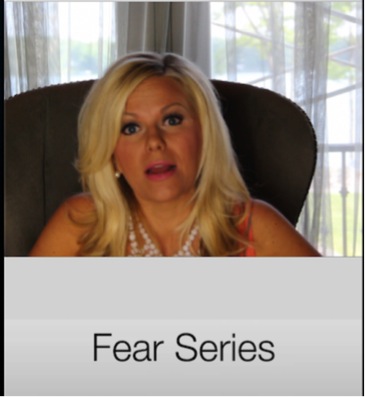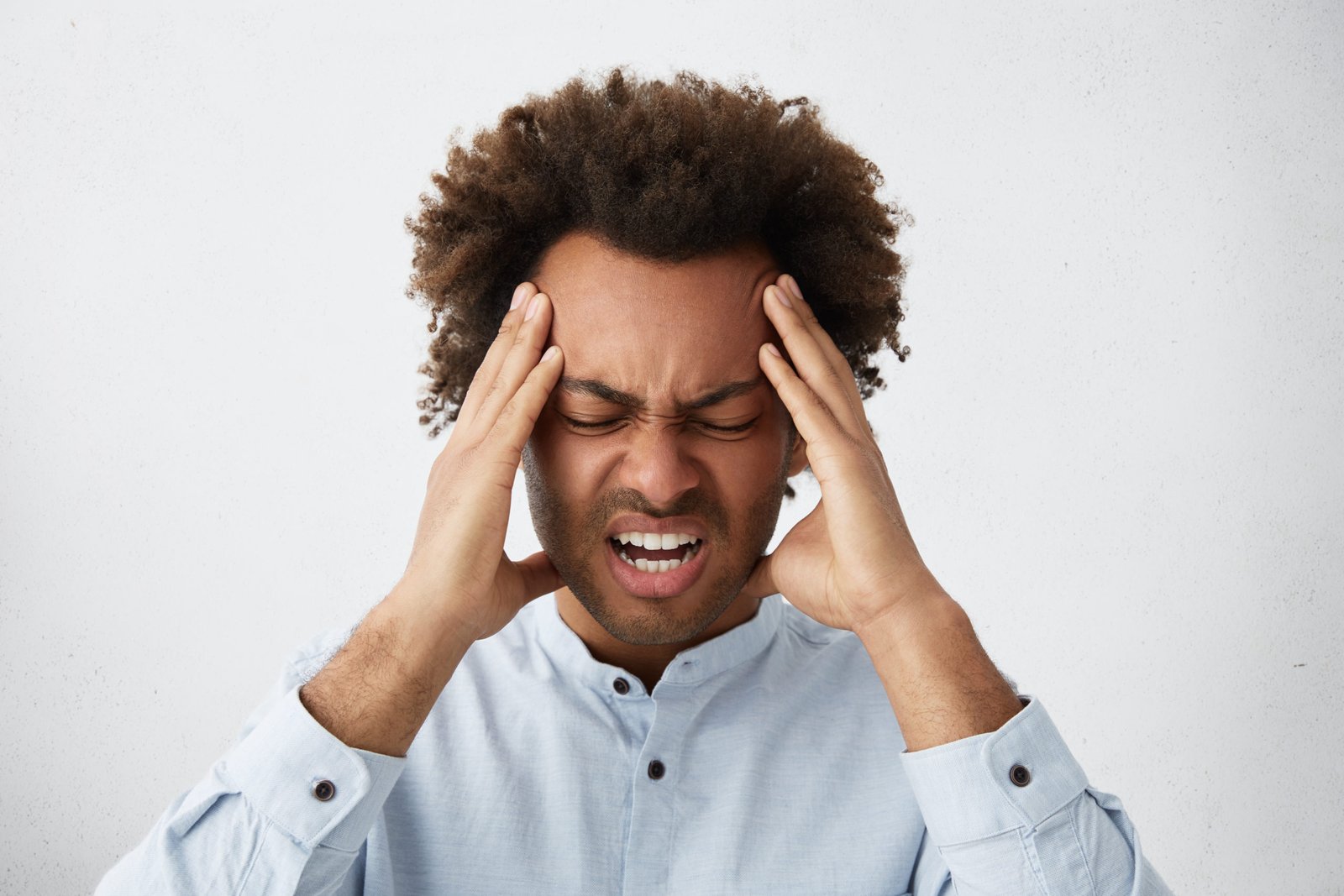
The causes of anxiety disorders aren't fully understood. It's easier to treat if you get help early. See your doctor or a mental health provider before your anxiety gets worse. Your worries may not go away on their own, and they may get worse over time if you don't seek help.


You have suicidal thoughts or behaviors - if this is the case, seek emergency treatment immediately.You think your anxiety could be linked to a physical health problem.You feel depressed, have trouble with alcohol or drug use, or have other mental health concerns along with anxiety.Your fear, worry or anxiety is upsetting to you and difficult to control.You feel like you're worrying too much and it's interfering with your work, relationships or other parts of your life.Other specified anxiety disorder and unspecified anxiety disorder are terms for anxiety or phobias that don't meet the exact criteria for any other anxiety disorders but are significant enough to be distressing and disruptive.Substance-induced anxiety disorder is characterized by symptoms of intense anxiety or panic that are a direct result of misusing drugs, taking medications, being exposed to a toxic substance or withdrawal from drugs.Phobias provoke panic attacks in some people. Specific phobias are characterized by major anxiety when you're exposed to a specific object or situation and a desire to avoid it.Social anxiety disorder (social phobia) involves high levels of anxiety, fear and avoidance of social situations due to feelings of embarrassment, self-consciousness and concern about being judged or viewed negatively by others.Separation anxiety disorder is a childhood disorder characterized by anxiety that's excessive for the child's developmental level and related to separation from parents or others who have parental roles.This can interfere with school, work and social functioning. Selective mutism is a consistent failure of children to speak in certain situations, such as school, even when they can speak in other situations, such as at home with close family members.These panic attacks may lead to worrying about them happening again or avoiding situations in which they've occurred.

You may have feelings of impending doom, shortness of breath, chest pain, or a rapid, fluttering or pounding heart (heart palpitations).

Common anxiety signs and symptoms include:


 0 kommentar(er)
0 kommentar(er)
